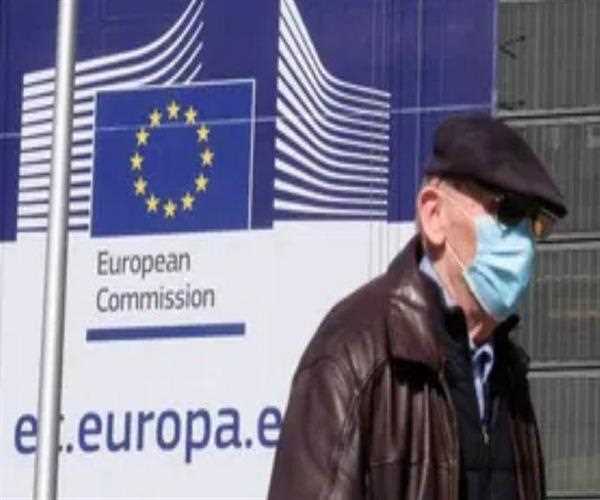
13-Apr-2020
Rescue Plan For Europe In COVD-19 Crisis
Eurozone fund serves at long last concurred on April 9 to a bundle of measures to react to the COVID-19 emergency. However, despite an exceptional clinical and monetary crisis, they should be a lot bolder.
The lockdowns forced in most European nations are financially wrecking. Since numerous organizations are covered and nearly everybody is limited to their homes, purchaser spending has fallen and monetary movement has dived. Liquidation looms for some organizations, joblessness is soaring, and family unit earnings are cratering.
As per one authority gauge, France's economy is presently working at around 66% limit. Expecting that comparable constrictions apply all through the European Union, a three-month lockdown would make yearly yield fall by around 8% – a far greater stun than in the 2008-09 emergency. The travel industry dependent Spain might be hit significantly harder.
In addition, the misfortunes may end up being a lot bigger, in light of the fact that economies are probably not going to bob back as fast as they have fallen. Devastating vulnerability will remain. Obliged and frightful buyers may not continue their past degrees of spending regardless of whether they have employments. Banks may demonstrate reluctant or incapable of loan, and many debilitated organizations will never recuperate. Nor would anyone be able to preclude further lockdowns in the months ahead.
European governments have consequently appropriately stepped in to help destitute organizations and salary denied laborers. In any case, the vast majority of the eurozone has not reacted as commandingly as Japan, the United Kingdom, and the United States have. In France and Spain, the monetary lift is just around 2% of national pay, and it is even lower in Italy. These are terribly insufficient reactions to what could turn into a huge sorrow.
READ HERE MORE : Tablighi Jamaat Case Is Poisoning The Society For Future
For what reason aren't eurozone governments doing what's needed? The issue isn't eurozone financial standards or EU state-help rules, which have been suspended or loose. Nor is advertise get to an issue, taking into account that administrations' acquiring costs are close to zero or negative. The issue, rather, is the withstanding dread that taking off obligations will prompt pulverizing EU-forced grimness once the pandemic passes and that legislatures' higher renegotiating needs could start another budgetary emergency.
In any case, the eurozone stays an insecure building, and its inclination for severity is only in suspension. It endures the 2010-12 frenzy since business sectors accepted then-leader of the ECB Mario Draghi's dedication that the ECB would do "whatever it takes" to hold the fiscal association together, and governments at that point dialed down on starkness. Be that as it may, Draghi's successor, Christine Lagarde, has since undermined his responsibility by announcing that "we are not here to close spreads" (alluding to the extra intrigue paid by more dangerous borrowers, for example, Italy, contrasted with more secure ones, for example, Germany). There is a genuine danger of money related emergency once the PEPP closes.
Maybe the most concerning issue, however, is political. The pandemic should have united Europeans notwithstanding a typical risk that doesn't regard national fringes.
Rather, singular nations have to a great extent battled for themselves. At the point when Italy gave an earnest supplication for clinical assistance in late February, not one of the EU's 26 other part states reacted until China did. France and Germany really restricted the fare of clinical gear, making a joke of the EU's single market. In like manner, Italy's neighbors in the as far as anyone knows visa-free Schengen Area raced to close their outskirts.
More regrettable, the COVID-19 emergency has resuscitated the divisions and partialities of the 2010-12 emergency. When numerous Italians and Spaniards are passing on, some northern Europeans – quite the Netherlands' musically challenged account serve, Wopke Hoekstra – have suggested that southern Europeans owe their predicament to their own carelessness.
The choice to put together a future Recovery Fund with respect to "creative money related instruments" is an aimless fudge, and governments stay gridlocked over the issuance of aggregate obligation. Europeans can dare to dream that their pioneers finish up, as soon as possible, that an ECB-financed Marshall Plan is the path forward.

Content Writer/Journalist
I am a content writter !
Join Our Newsletter
Subscribe to our newsletter to receive emails about new views posts, releases and updates.
Copyright 2010 - 2026 MindStick Software Pvt. Ltd. All Rights Reserved Privacy Policy | Terms & Conditions | Cookie Policy